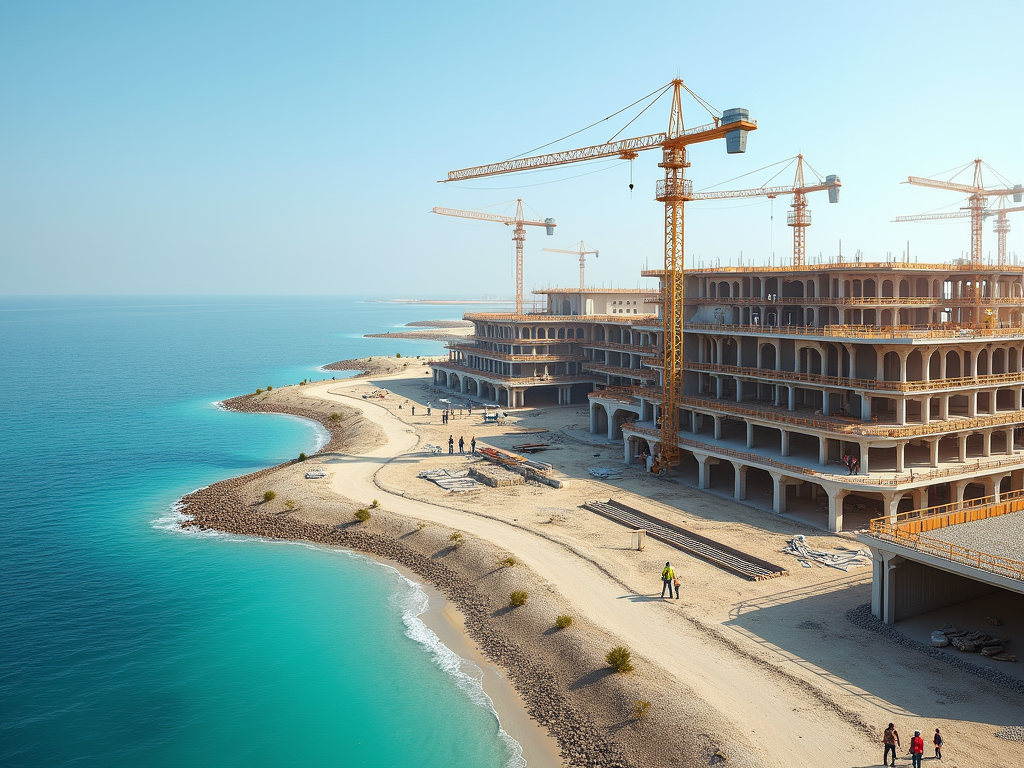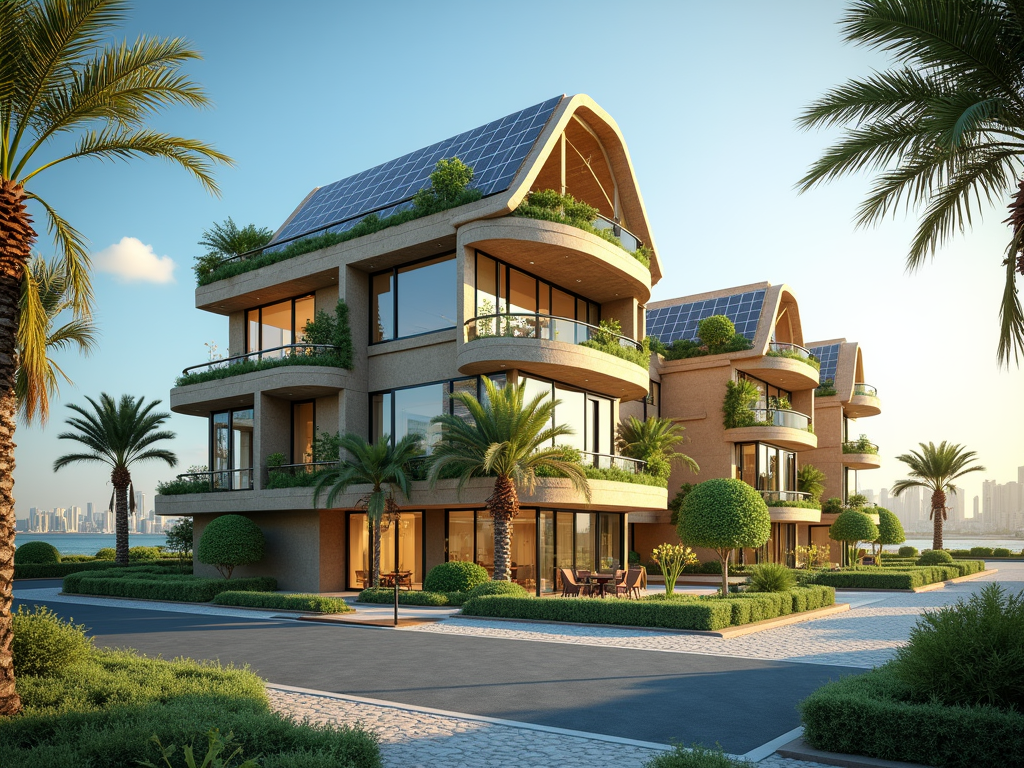Climate change significantly influences various sectors across the globe, and in Dubai, its impact on the property market is increasingly becoming evident. As one of the fastest-growing cities in the world, Dubai is facing unique challenges related to its real estate sector due to rising temperatures, erratic weather patterns, and sea-level rise. This article delves into how climate change is reshaping Dubai’s property landscape, highlighting the potential risks and transformative opportunities it presents for developers, investors, and homebuyers.
Rising Temperatures and Urban Planning

Dubai has always been characterized by its extreme temperatures, but climate change is amplifying this phenomenon. As the heat intensifies, urban planners are reconsidering traditional building designs and construction methods. Here are some critical aspects that emerge from the rising temperatures:
- Thermal Insulation: Properties may need improved insulation to maintain comfortable indoor temperatures and reduce energy consumption.
- Green Infrastructure: Developers are increasingly incorporating green roofs and walls to help mitigate urban heat effects and enhance aesthetic appeal.
- Water Management: Efficient water management systems are integral, as the region’s reliance on desalination for freshwater becomes more challenging with increased demand.
As a result, the design and functionality of properties are being reevaluated to ensure sustainability and resilience against the soaring heat. These adaptations could also influence property prices, as homes equipped with energy-efficient features potentially command higher value.
Flood Risks and Coastal Developments

Another pressing concern for Dubai’s property market is the threat of flooding, driven largely by climate change. The city’s coastal developments could face significant risks in the coming decades due to rising sea levels. In light of this, the property sector must take several factors into account:
- Site Selection: Future developments may need to be located further inland where flooding risks are minimized.
- Resilience Features: New properties will likely incorporate flood defenses, including barriers and elevated structures.
- Insurance Costs: Increased risk may lead to higher insurance premiums, potentially making coastal properties less attractive to buyers.
Developers who proactively address these challenges through innovative designs and infrastructure investments may see a competitive advantage, leading to a shift in buyer preferences towards more resilient properties.
As awareness of climate change increases, so does buyer sentiment towards sustainability and eco-friendly features. Homebuyers and investors are increasingly seeking properties aligned with green practices and sustainable building materials. This shift in preferences is attributed to various factors, such as:
- Environmental Responsibility: Buyers are more inclined to invest in properties that reflect a commitment to sustainability.
- Long-Term Savings: Energy-efficient homes offer significant savings on utilities, making them more attractive financially.
- Government Incentives: Initiatives promoting green building practices can make eco-friendly properties more desirable.
As a result, property developers in Dubai are rethinking their strategies to cater to this eco-conscious demographic, ensuring their projects align with the evolving market demand.
Investment Trends and Opportunities
The changing landscape due to climate change also presents unique investment opportunities within Dubai’s property market. Investors are increasingly looking at sustainable developments not only as a moral choice but as a smart financial decision. Several noteworthy trends are emerging:
- Renewable Energy Investments: Projects centered around solar energy and other renewable sources are becoming pivotal.
- Smart Technology Integration: Properties equipped with smart home technologies that promote energy efficiency are on the rise.
- Green Certifications: Homes that achieve sustainability certifications often fetch higher resale values.
Embracing these investment trends is key for developers and investors looking to thrive in a transforming market driven by climate-related challenges. By prioritizing sustainability, they can attract a growing base of conscientious buyers.
Conclusion
Ultimately, climate change is reshaping Dubai’s property market in profound ways, bringing both challenges and opportunities that stakeholders must navigate effectively. From rising temperatures to the threat of flooding, the need for resilient and sustainable property solutions is clearer than ever. As Dubai evolves, so too must its real estate strategies, focusing on eco-friendly practices and innovative designs to adapt to the changing environment. With proactive measures and smart investments in sustainability, the property market can not only withstand climate impacts but also flourish in their wake.
Frequently Asked Questions
1. How is climate change affecting property values in Dubai?
Climate change is creating a divide in property values, with sustainable and resilient properties likely commanding higher prices as buyers seek to avoid risks associated with rising temperatures and flooding.
2. Are developers in Dubai focusing on green building practices?
Yes, many developers in Dubai are increasingly adopting green building practices to meet changing consumer demands and regulatory incentives, ensuring their projects are environmentally friendly.
3. What specific risks does climate change pose to Dubai’s coastal properties?
Coastal properties face risks such as rising sea levels and increased flooding, which can impact their safety, insurance costs, and long-term viability.
Homebuyers can assess properties for climate resilience, look for green certifications, and consider locations with lower flood risks to mitigate potential challenges.
5. What role does technology play in adapting to climate change in Dubai’s property market?
Technology, such as smart home systems and advanced建筑材料, plays a crucial role in enhancing energy efficiency and resilience, helping developers and homeowners address climate challenges effectively.
